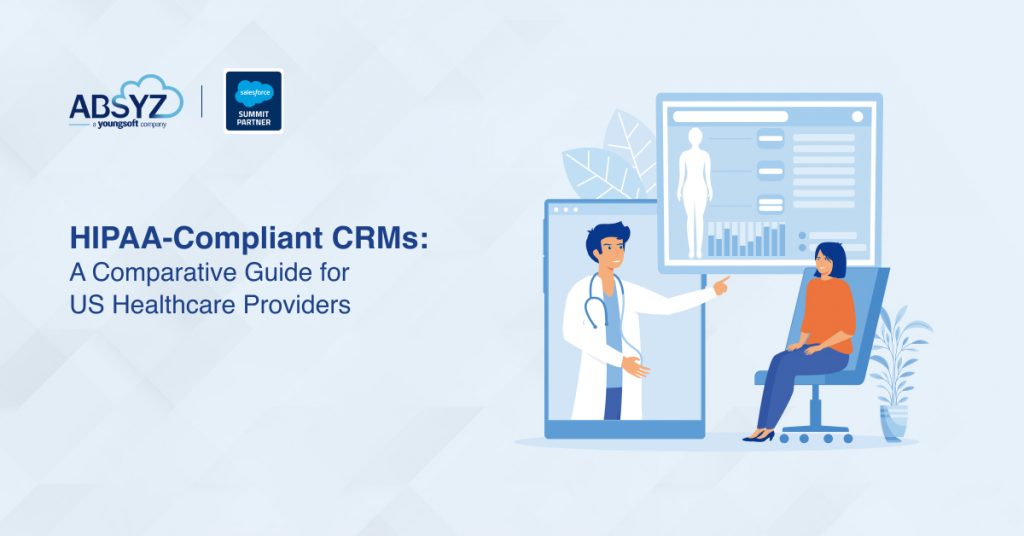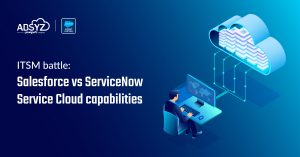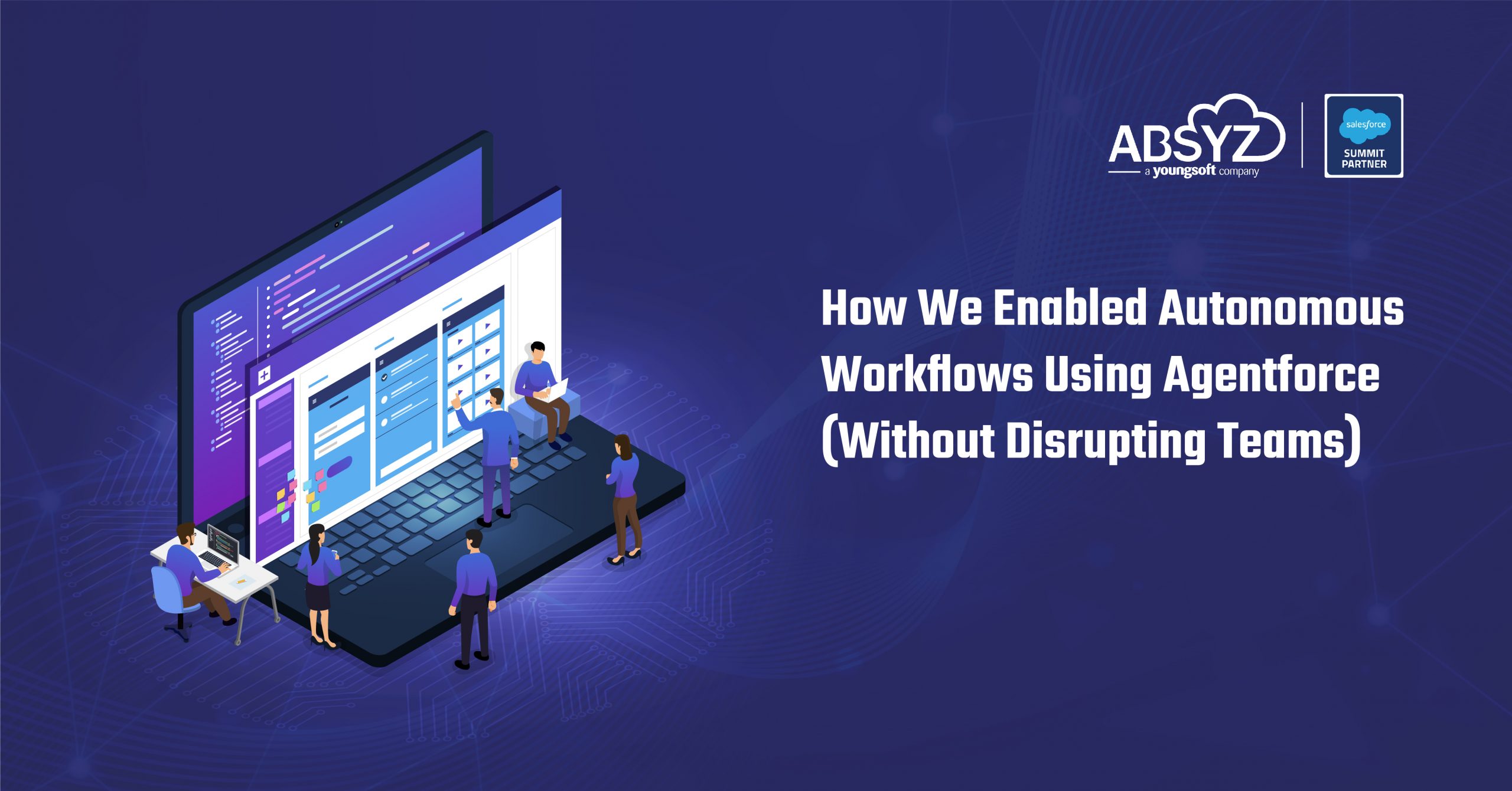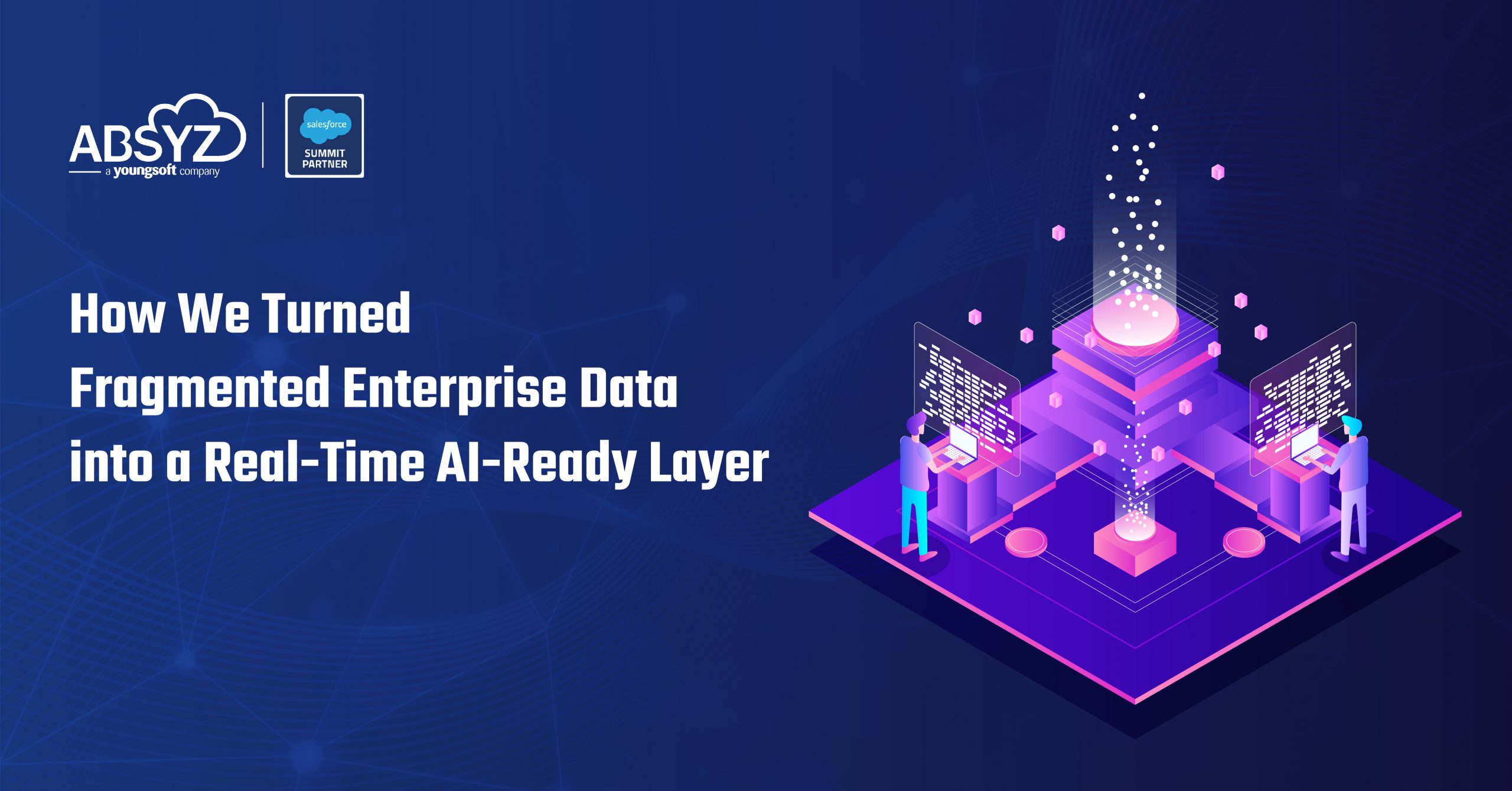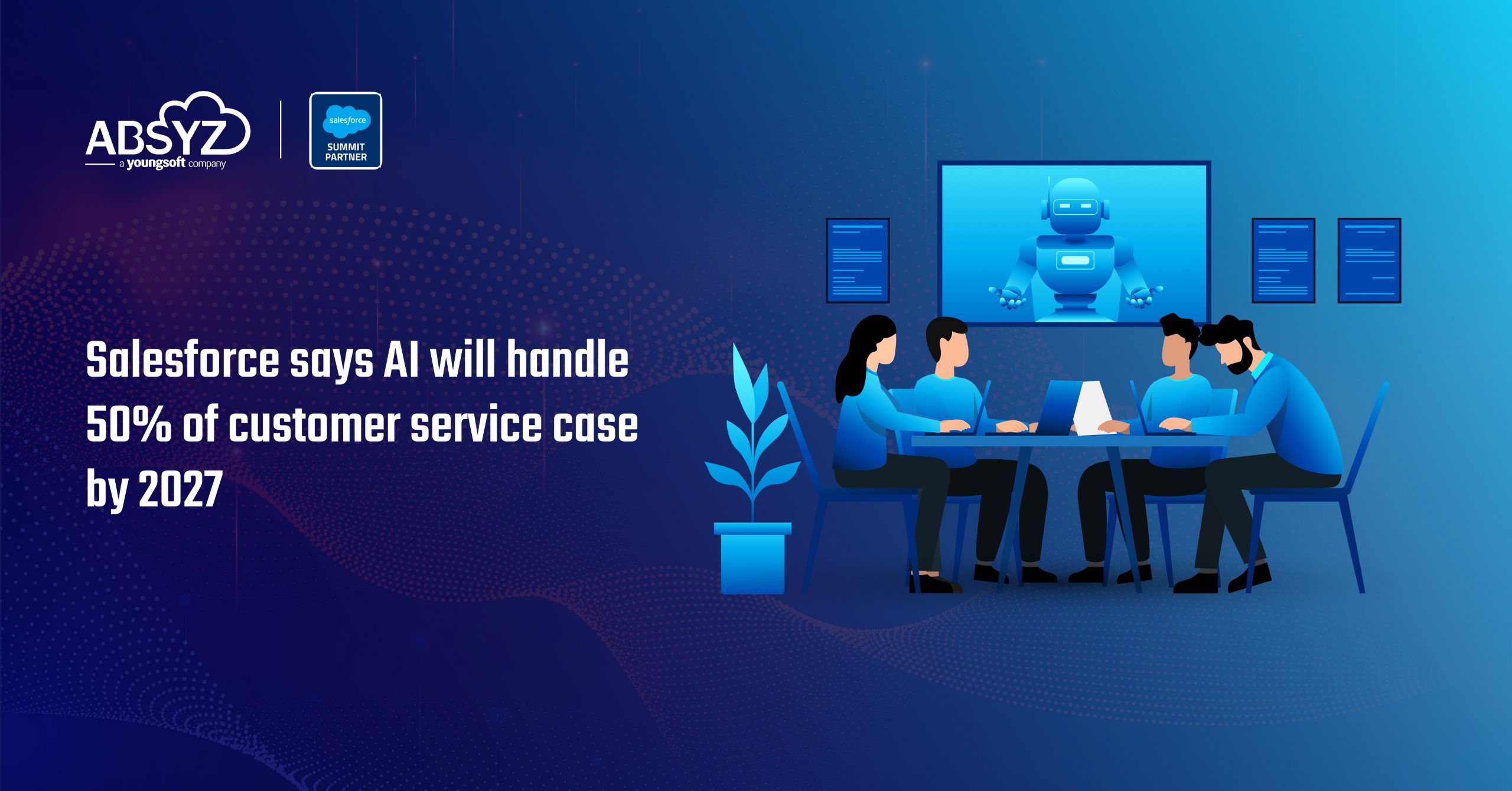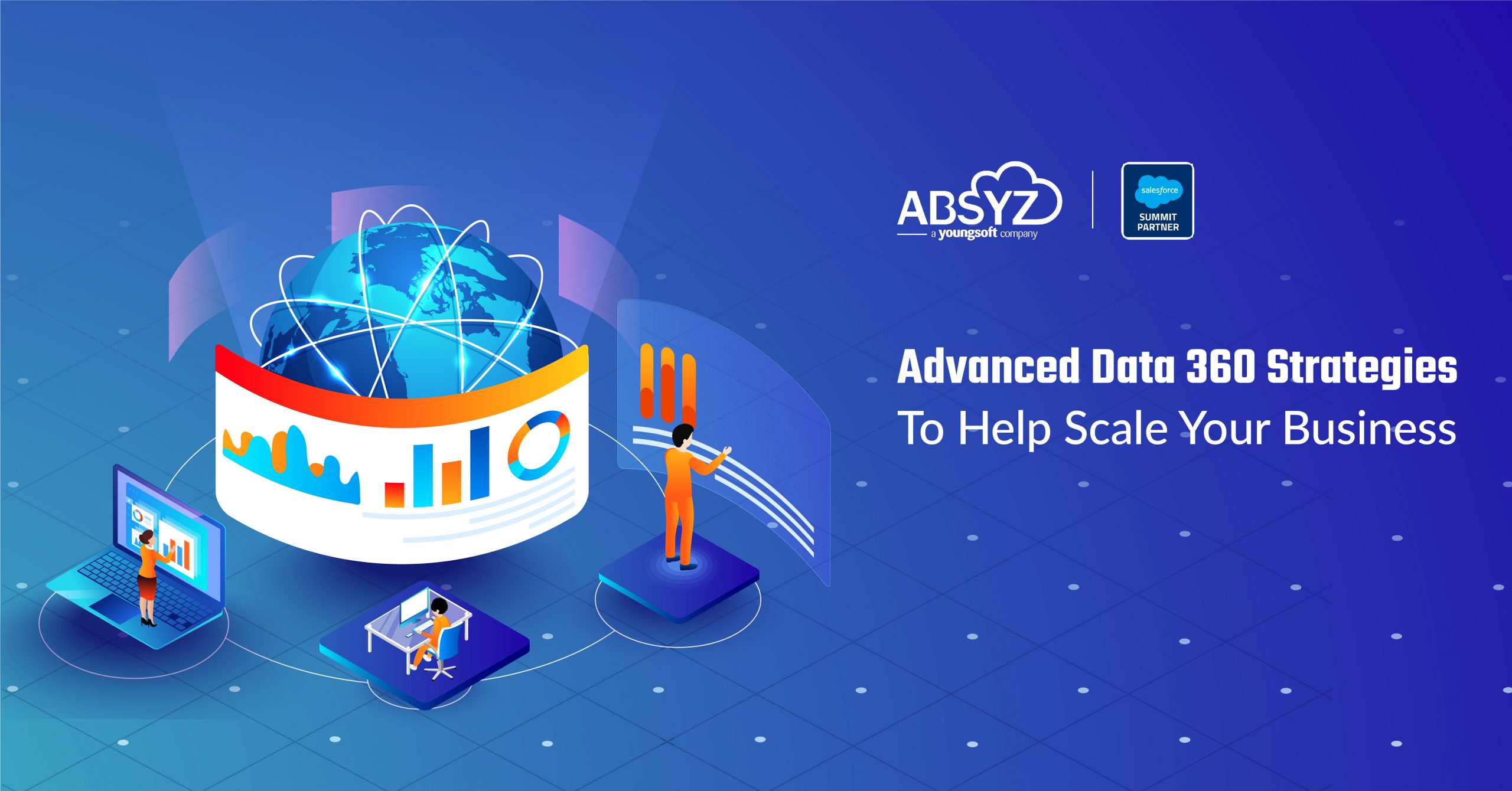Introduction
In the evolving landscape of US healthcare, where patient privacy and data security are paramount, HIPAA compliance is no longer optional—it’s essential. As healthcare providers adopt digital tools to streamline operations, Customer Relationship Management (CRM) platforms must meet both clinical and compliance standards.
In this blog, we break down what it takes for a CRM to be HIPAA-compliant, compare leading platforms, and help you choose the right solution for your organization.
What is a HIPAA-Compliant CRM?
A HIPAA-compliant CRM is a system that enables healthcare providers to store, process, and manage patient information (PHI) securely, following the Health Insurance Portability and Accountability Act (HIPAA) guidelines.
Key features of HIPAA-compliant CRMs include:
- Data encryption at rest and in transit
- Role-based access controls (RBAC)
- Audit logs to track access and changes
- Business Associate Agreements (BAAs) with service providers
- Data residency and secure hosting
Why Healthcare Providers Need HIPAA-Compliant CRMs
Patient Trust: Handling PHI responsibly boosts your credibility.
Legal Protection: Avoid hefty fines and legal action due to violations.
Operational Efficiency: Centralize patient communications, billing, and marketing in a single secure platform.
Scalability: Easily grow your system as patient volume increases.
Top HIPAA-Compliant CRM Platforms: A Comparison
| CRM Platform | HIPAA Compliance | Best For | Notable Features |
|---|---|---|---|
| Salesforce Health Cloud | ✅ Yes (with BAA) | Enterprise hospitals, ACOs | Care plans, EHR integration, and patient communities |
| Microsoft Dynamics 365 | ✅ Yes (with BAA) | Midsize to large healthcare providers | Workflow automation, EMR add-ons |
| Zoho CRM for Healthcare | ✅ Yes (Enterprise plans) | Clinics, labs, SMBs | Custom forms, telehealth add-ons |
| Nimble | ❌ No | Not suitable | Lacks HIPAA-level data security |
| Pipedrive | ❌ No | Not suitable | Focused on general sales, not PHI |
| HubSpot (Enterprise) | ⚠️ Conditional | Requires enterprise-level agreement | BAA is available, but not purpose-built for healthcare |
What Makes Salesforce Health Cloud Stand Out?
At ABSYZ, we’ve implemented Salesforce Health Cloud for hospitals and medical device manufacturers across the US. Why do we recommend it?
- 360-degree patient view, including clinical and non-clinical data
- Built-in HIPAA safeguards and audit capabilities
- Integration-ready with EHRs like Epic, Cerner
- Custom workflows for referrals, claims, and care journeys
- Patient engagement portals for seamless communication
How to Evaluate a HIPAA-Compliant CRM
Before you choose a solution, ask:
- Does the vendor sign a Business Associate Agreement (BAA)?
- Can the platform segregate PHI with strict access control?
- Is there multi-factor authentication (MFA)?
- Can it be integrated with your EHR or telehealth platforms?
- Does it support scalable workflows and custom care models?
How ABSYZ helps
Navigating HIPAA requirements while modernizing your CRM isn’t easy. That’s where we come in. ABSYZ specializes in Salesforce Health Cloud implementations, integrations, and managed services for US healthcare clients—from provider groups to life sciences firms. With our domain expertise, certified Salesforce talent, and compliance-first approach, we help healthcare organizations turn CRM into a care-enabling asset.
Want to explore how a HIPAA-compliant CRM can elevate your care delivery?
Let’s talk.
Author: Vignesh Rajagopal

